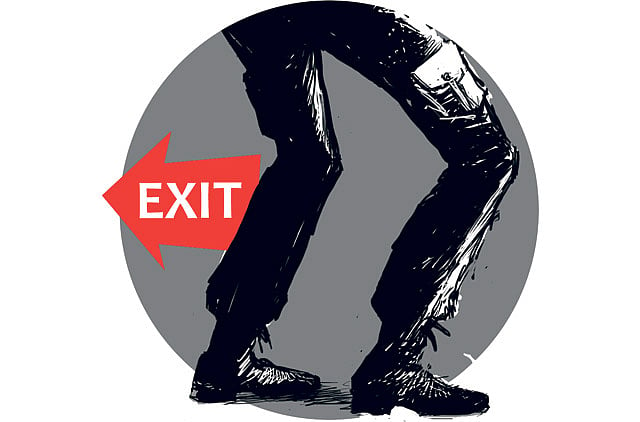While Iraqi political leaders are still squabbling over the formation of the next government, the US is moving speedily to fulfil its Status of Forces Agreement obligations. So far, the US has reduced its troop level to 50,000 soldiers, closed numerous bases and declared an end to all combat operations. All eyes are now fixed on December 31, 2011, when the last American soldier is scheduled to leave Iraq.
But many Iraq experts doubt whether this date will bring an end to America's involvement in Iraq. "US forces will remain in Iraq beyond December 2011, but by mutual agreement," Gassan Atiyyah, Director of Iraq Foundation for Development and Democracy, says.
"After seven years of daily contacts and dealings with Iraqi politicians, the US has concluded that it can do business with them; the US has gained deep insights into their thinking and priorities and more importantly it has penetrated all ethnic groups, Sunnis, Shiites and Kurds."
Despite an obvious decline in American influence and forces in Iraq, the US has still many cards to play. For decades to come, Iraq will need the US to modernise its forces. The troop's drawdown is a calculated risk designed to check Iran's rising influence in Iraq and the region. The Pentagon is no longer concerned about the high human and financial cost of its operations in Iraq.
But under what circumstances will US troops stay in Iraq beyond December 2011? While this date was chosen by Prime Minister Nouri Al Maliki's government for domestic political considerations, its extension has to be renegotiated by both sides.
Contradiction
And despite statements by Iraqi and American military officers that US combat missions have ended last August, recent joint Iraqi-US operations contradict these statements.
The new US forces mission in Iraq has changed from combat to training, advising and modernising the Iraqi army. "We'll not be involved in internal affairs or repression; not even to reverse a military coup," says Larry Korb, a Senior Fellow at the Centre for American Progress, a Washington think-tank. "We have similar treaties with South Korea and Turkey. We have never interfered in their domestic affairs, despite multiple military coups in these two countries. Iraqi generals banking on our support to grab power will be sorely disappointed," he adds.
"Al Qaida is not a spent force yet, and one of the remaining US missions in Iraq is to help Iraqi forces to expunge the terrorist organisation," says Atiyyah. Whether Al Qaida will ever find the same supportive environment it had enjoyed at the height of the civil war in Iraq is quite doubtful. But if the current political deadlock among sectarian-based parties degenerates into escalating violence Al Qaida may make a bid for a comeback.
"Our primary mission is now to modernise the Iraqi army. We are quite happy to stay and train world class pilots and defend Iraq against external threats. If they ask us to leave we'll leave, but once we are gone we shall never come back," Korb says.
Except for the Kurdistan Regional Government and its President Masoud Barzani, Iraqi politicians of all political stripes have called for an end to US presence in Iraq. But Atiyyah has misgivings about their sincerity. "Iraqi politicians have not changed since the 40s when during the day they used to blast the English occupation and at night they hurry to meet secretly with the British High Commissioner and apologise to him," he says.
The troop withdrawal is a fulfillment of President Obama's pledge and strategy to end the American saga in Iraq. But US concern about Iran's design on Iraq remains high. Regional commentators doubt whether US troops withdrawal will neutralise Iran's pretext to interfere in Iraqi affairs and as the conflict between the West and Iran over its nuclear quest looms nearer all eyes are on Iran's next move in Iraq.
America's two-pronged strategy in Iraq is stabilisation of the country and shoring up the Gulf countries in military terms. But a total troop withdrawal may tempt Iran to fill the vacuum, a potential miscalculation that may engender a massive Iraqi and regional backlash.
While no one anticipates an American strike against Iran's nuclear and military installations any time soon, Iraq has become an intelligence battleground between the two nemeses.
But America is not taking any chances. The recent US announcement to sell sophisticated arms to Gulf countries is designed to send Tehran a powerful warning not to commit a misadventure in Iraq. "Iraq has become the new battle ground between the US and Iran. Iraq constitutes today the largest American intelligence operation in the world. The current battle in the region is one of spies, intelligence and information" says Atiyyah.
Jasim Al Azzawi is the presenter of Inside Iraq on Al Jazeera English.
Sign up for the Daily Briefing
Get the latest news and updates straight to your inbox
Network Links
GN StoreDownload our app
© Al Nisr Publishing LLC 2026. All rights reserved.
